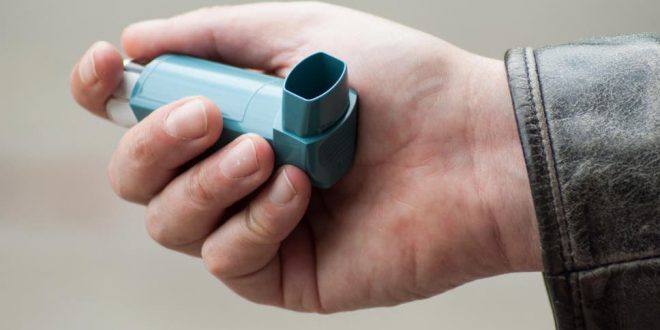In April the National Institute for Health and Care Excellence (NICE) published guidelines for people suffering from asthma during the coronavirus outbreak.
The guidance has been published to ensure the safety of adults and children suffering from asthma during the ongoing pandemic.
If you suffer from severe asthma, you should have received a letter or text message from the government with advice on shielding.
Those being told to shield have been urged to avoid any face-to-face contact for a period of at least 12 weeks from the day they received their letter or text, however, this period of time is subject to change.
Here’s what you need to know if you suffer from asthma.
Should I continue taking my prescribed treatment?
According to the NICE guidelines, people who suffer from asthma should continue taking their prescribed treatment as normal,
Asthma UK has also provided tips for people with asthma that they can follow in order to reduce their risk fo asthma symptoms, including ensuring that they keep taking their preventer inhaler daily as prescribed, that they carry a reliever inhaler and that they also follow a peak flow diary, keeping note of their asthma symptoms.
What happens if I develop symptoms of Covid-19?
Symptoms include a new and continuous cough and a raised temperature.
You do not need to phone 111 to inform them of your symptoms if they are mild.
Your symptoms should have passed by around seven days so be aware if they are persistent or getting worse.
If the symptoms get worse, or they don’t go away after seven days, you should phone 111 or, if you need emergency care, 999, says Asthma UK.
How should I use and clean my inhaler?
NICE encourages people using inhalers to wash their hands before doing so.
The guidelines also urge people not to share their inhalers with anyone else to minimise the risk of infection.
Inhalers should also be cleaned regularly with detergent, such as washing up liquid.
The Independent
 Lebanese Ministry of Information
Lebanese Ministry of Information



